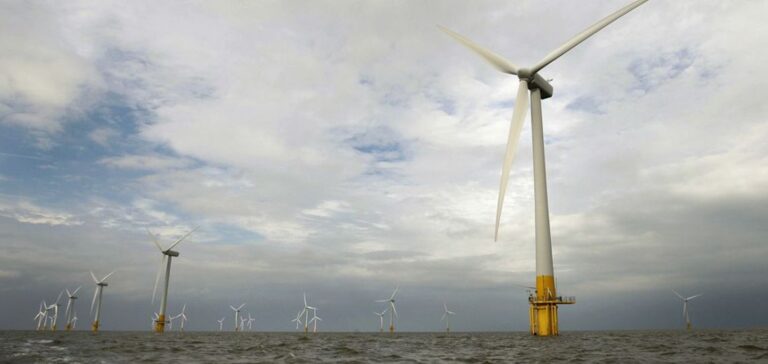Energy bills are set to fall in Britain from July 1, with industry regulator Ofgem lowering the cap on the price paid by a majority of Britons in the wake of falling market prices.
For the quarter from July 1 to September 30, “the energy price cap will be set at an annualized level of £2,074 for a dual-fuel household paying by direct debit, to reflect recent falls in wholesale energy prices,” according to a statement of Ofgem on Thursday.
The previous cap, dating from April, was set at £3,280 as an annualized cap, but the government had introduced a £2,500 limit on bills for most households, with the state subsidizing the difference, to help Britons cope with the cost of living crisis. Ofgem’s caps are reviewed every three months and are linked to actual prices in the energy markets.
These had soared in the wake of the Russian invasion of Ukraine, particularly gas, which had reached record highs, but have since largely fallen back, although gas prices remain well above their historical averages. Soaring energy bills have been a major contributor to inflation and a crisis of purchasing power in the UK, also hurting businesses.
Inflation for April fell below 10% for the first time since August, to 8.7%, but slowed less than expected by economists and the Bank of England, especially since food prices continue to accelerate, to 19%, a 45-year high. This could lead the monetary authorities to raise interest rates further, which have already been raised 12 times in a row and are currently at 4.5%.





















